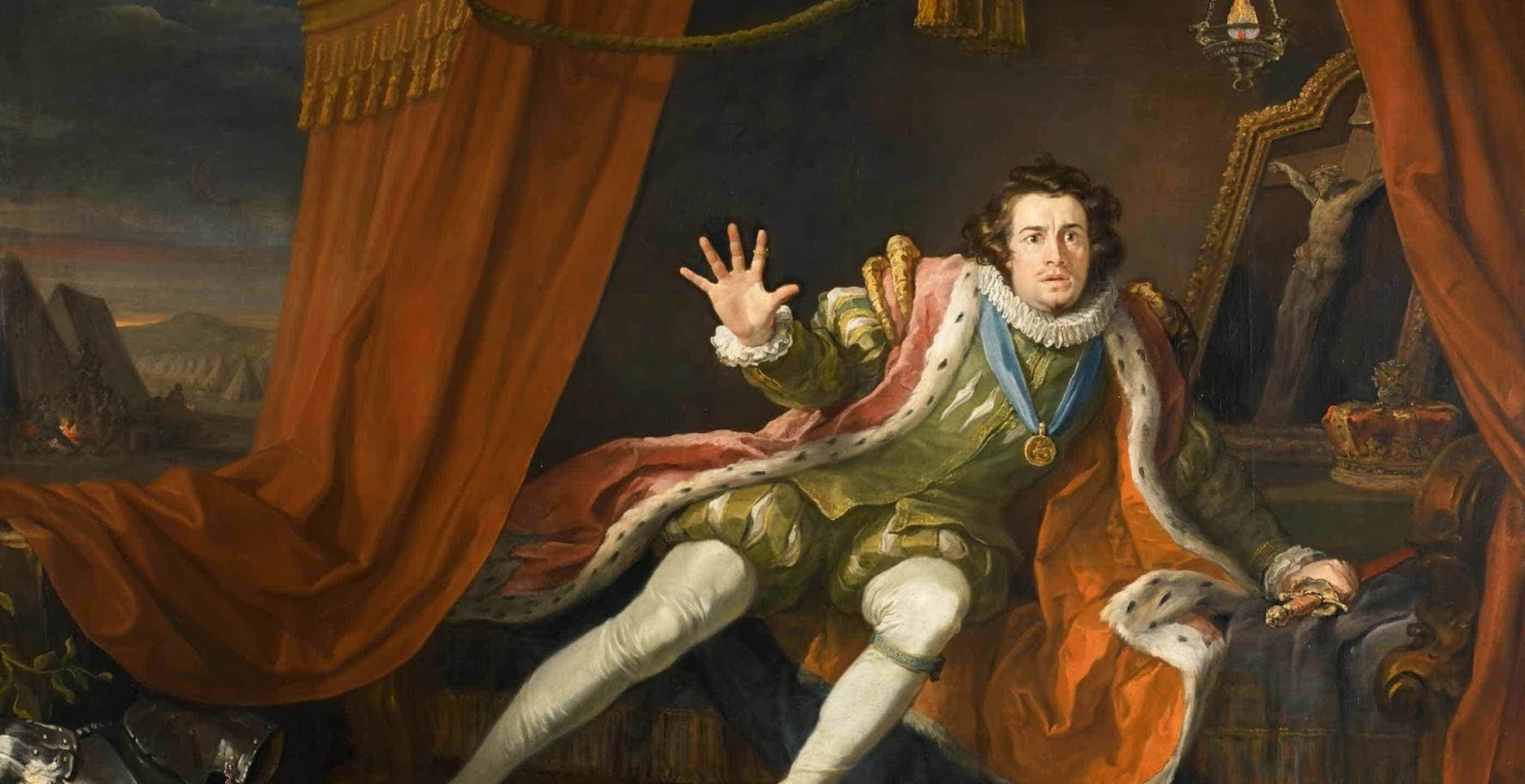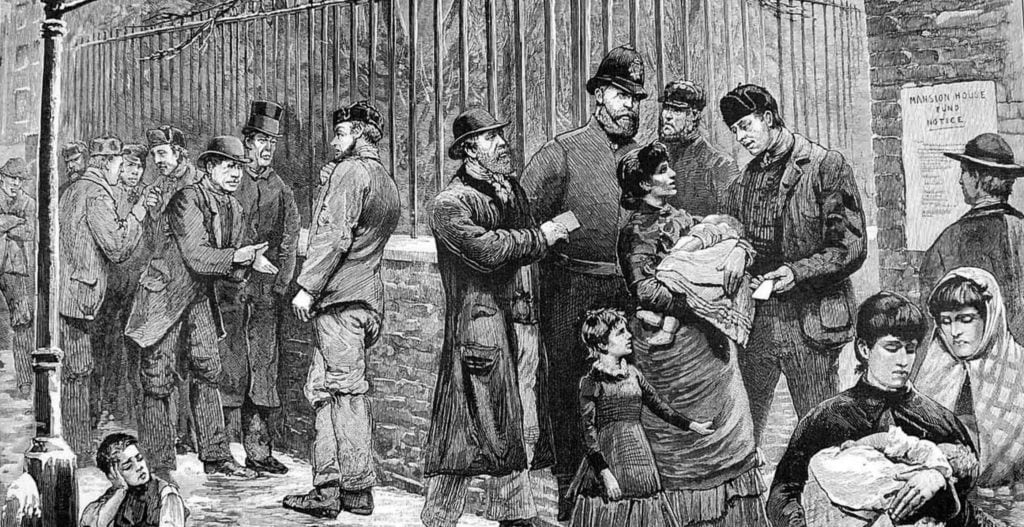Culture UK
Who are the British? Do they really drink tea, eat roast beef and Yorkshire pudding and never leave home without an umbrella? Find out more about true Brits; past and present, myth and legend, fact and fiction.
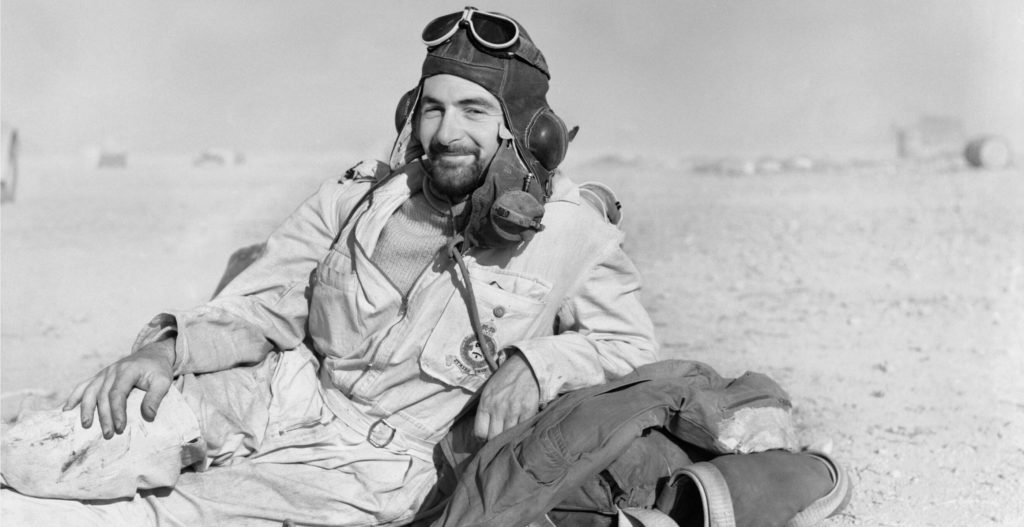
The Winged Boot Club
The ‘Late Arrivals Club’ or Winged Boot Club was born during the Western Desert Campaign in 1941. During this conflict many airmen were shot down, bailed out of aircraft, or crash landed deep in the desert. They then had to make their way back to safety, often from behind enemy lines…
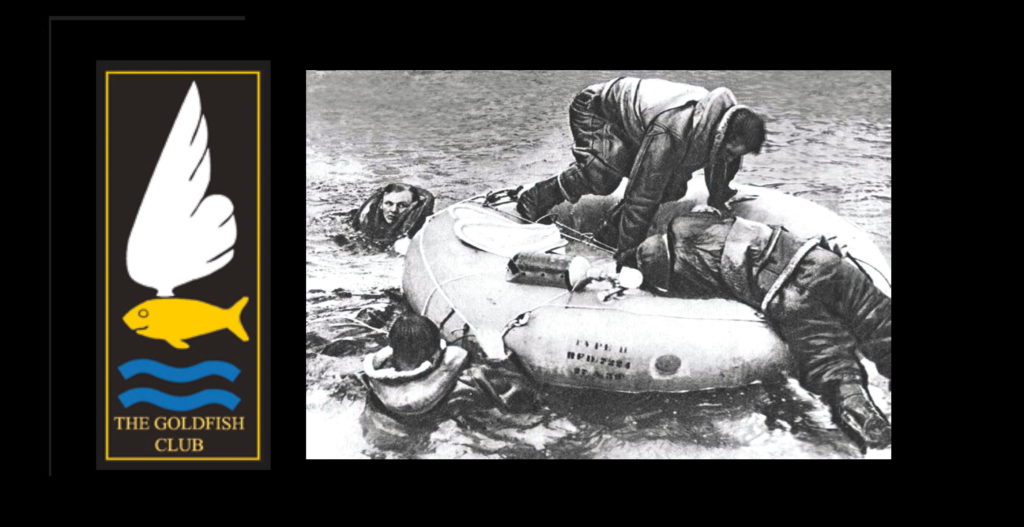
The Goldfish Club
The main aim of the unique Goldfish Club is ‘to keep alive the spirit of comradeship arising from the mutual experience of members surviving, “coming down in the drink”…

Guinea Pig Club
Established in 1941, The Guinea Pig Club was a social and support club for airmen who had sustained catastrophic burn injuries during World War Two and so called in honour of the experimental treatments of pioneering plastic surgeon, Sir Archibald McIndoe…
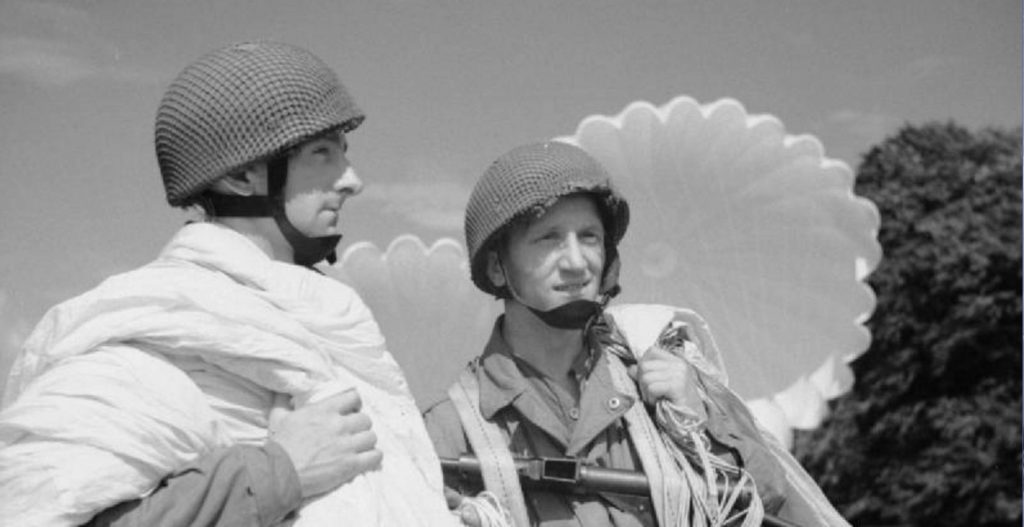
Caterpillar Club
“Life depends on a silken thread”. Formed in 1922 by Lieutenant Harold R. Harris, The Caterpillar Club was for fliers all over the world whose lives had been saved by parachutes…
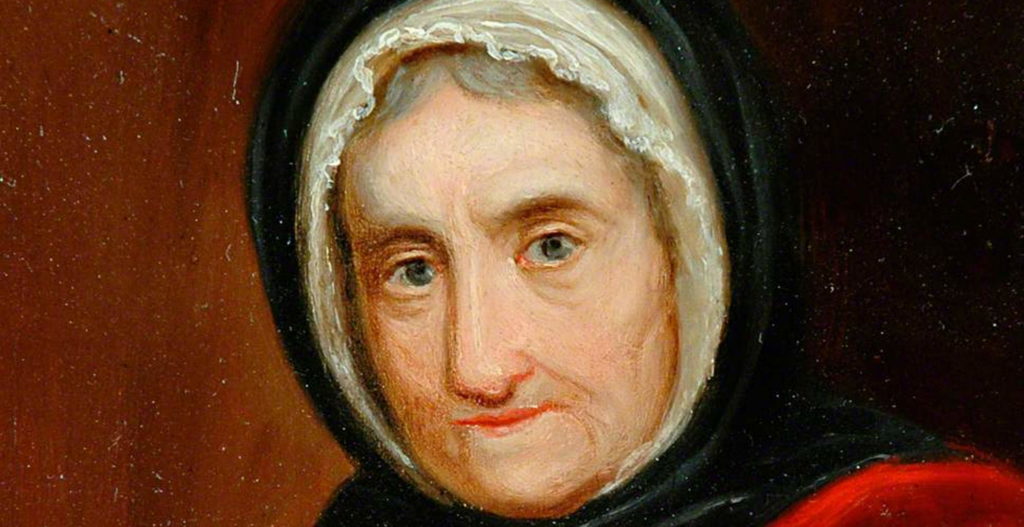
Mother Shipton and Her Prophesies
Ursula Southeil, known as Mother Shipton, is famous for her prophesies. Within her lifetime she had several premonitions about some of the largest historical events to take place in England, such as the Great Fire of London and the Spanish Armada.
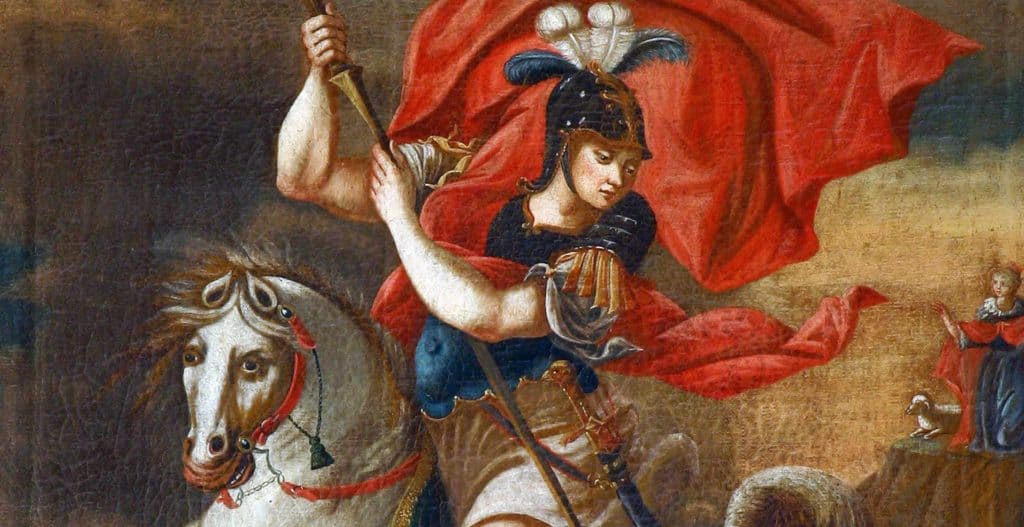
St George – Patron Saint of England
St Georges Day is celebrated on April 23rd. But how much do we know about England’s patron saint?…
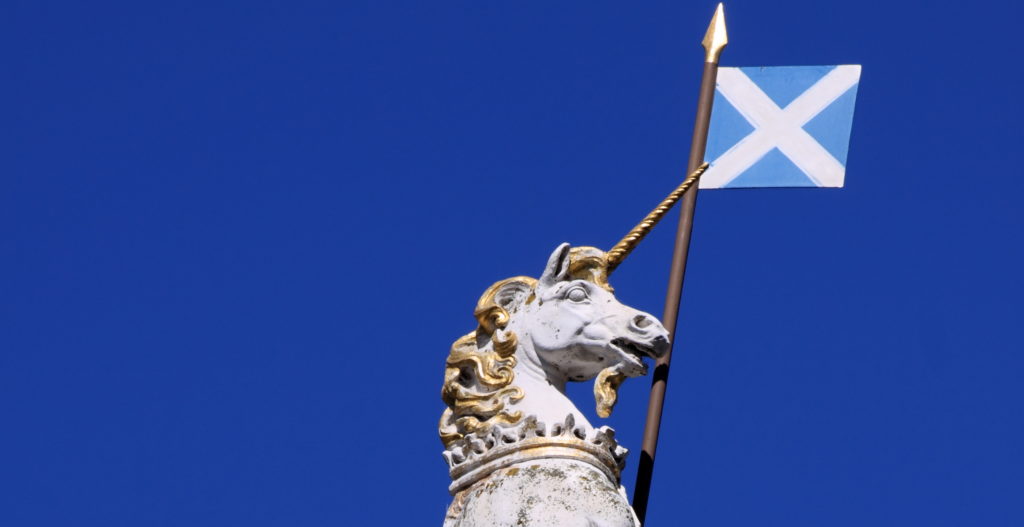
The Unicorn, National Animal of Scotland
The unicorn: a mystical beast, representing both purity and innocence, power and ferocity, adopted as the national animal of Scotland in the 1300s. The unicorn is also the natural enemy of the lion, adopted by English royalty some 100 years before…
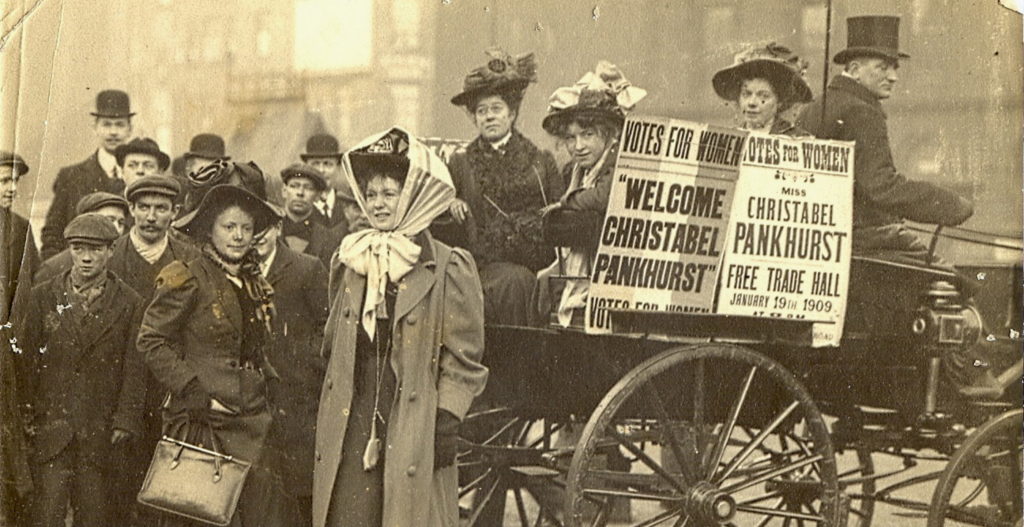
Suffragette Outrages – The Women’s Social and Political Union WSPU
The suffragette movement, and in particular the militant Women’s Social and Political Union (WSPU), should be regarded as violent, a distinction which distances suffragettes from peaceful suffragists. Their ‘outrages’ – escalating to bombings, arson, and chemical attacks – potentially had a detrimental effect on the outcome of the suffrage campaign…
